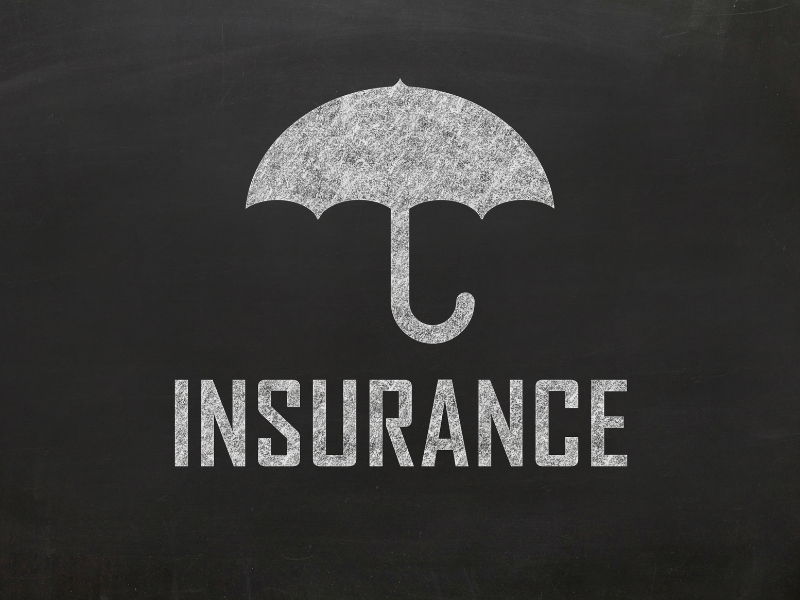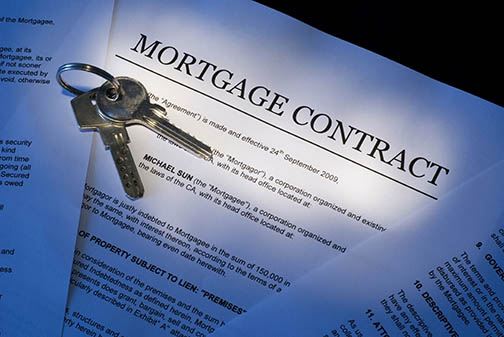Financial Preparation: Millennials Are Getting Ready To Buy Homes
 In the current economy, there are a lot of millennials who are thinking about buying a home; however, the price of homes is rising quickly. It can be challenging for millennials to save the money they need to buy a home. When this is combined with other monthly expenses they have, millennials might be financially unprepared to buy a home.
In the current economy, there are a lot of millennials who are thinking about buying a home; however, the price of homes is rising quickly. It can be challenging for millennials to save the money they need to buy a home. When this is combined with other monthly expenses they have, millennials might be financially unprepared to buy a home.
Finding the right house takes patience and discipline, so millennials need to avoid jumping in unprepared. What do millennials need to do to make sure they are ready for the expenses that come with owning a home?
Be Aware Of How Much Money Is Required
The first thing that millennials need to do is make sure they have enough money saved up. If prospective homeowners do not have enough money saved up, they could be denied financing by a lender. Conventional mortgage lenders will ask for 20 percent down to avoid PMI, but it might be possible for homebuyers to get a home for as little as 3.5 percent down from some lenders. If the home costs $250,000, then 3.5 percent down is going to be $8,750. If prospective homebuyers have less than this saved up, they could be denied a loan.
After saving up enough money for the down payment, homebuyers also need to cover closing costs. This could include the inspection, the appraisal, and any fees that come from the closing attorney. Even if millennials have parents and grandparents to help them, they still need to save up an emergency fund to cover any possible repairs that are needed. It is a solid rule of thumb to save up and move at least three to six months of emergency money in a liquidity fund. If this money is not there, it might be better to wait.
Millennials Should Wait For The Right Time Instead Of Jumping In Unprepared
Even though it is a great investment to own a home, it is better to wait for the right time instead of jumping in unprepared. Millennials need to make sure they have enough money saved up for a down payment. Then, they should have an additional two to five percent of the loan’s value saved up to cover closing costs. Finally, homeowners should also have a liquidity fund with three to six months of living expenses set aside.
 Accidents can happen from time to time, which is why it is important for people to have insurance. While you might be able to fix some accidents on your own, others can lead to a significant amount of financial stress. This is why people must have insurance. Insurance is supposed to help individuals and families pay for catastrophic expenses; however, what happens if the insurance policy is not big enough to cover the expenses? That is where umbrella insurance can be helpful. What is umbrella insurance, and how does it work? Learn more about how umbrella insurance might be able to help you.
Accidents can happen from time to time, which is why it is important for people to have insurance. While you might be able to fix some accidents on your own, others can lead to a significant amount of financial stress. This is why people must have insurance. Insurance is supposed to help individuals and families pay for catastrophic expenses; however, what happens if the insurance policy is not big enough to cover the expenses? That is where umbrella insurance can be helpful. What is umbrella insurance, and how does it work? Learn more about how umbrella insurance might be able to help you. If you have a good credit history and are prepared to invest in a home, you may be feeling pretty confident about the mortgage process. However, it’s important to be aware that there are things that can have a negative impact on your application. Whether you’ve just submitted your documents or are getting close to it, here are some things you may want to avoid.
If you have a good credit history and are prepared to invest in a home, you may be feeling pretty confident about the mortgage process. However, it’s important to be aware that there are things that can have a negative impact on your application. Whether you’ve just submitted your documents or are getting close to it, here are some things you may want to avoid.